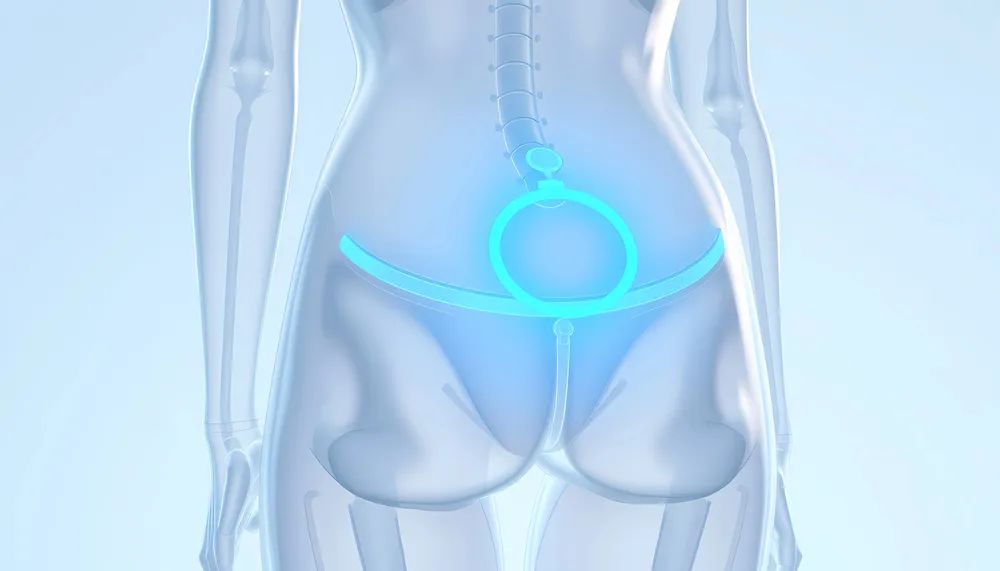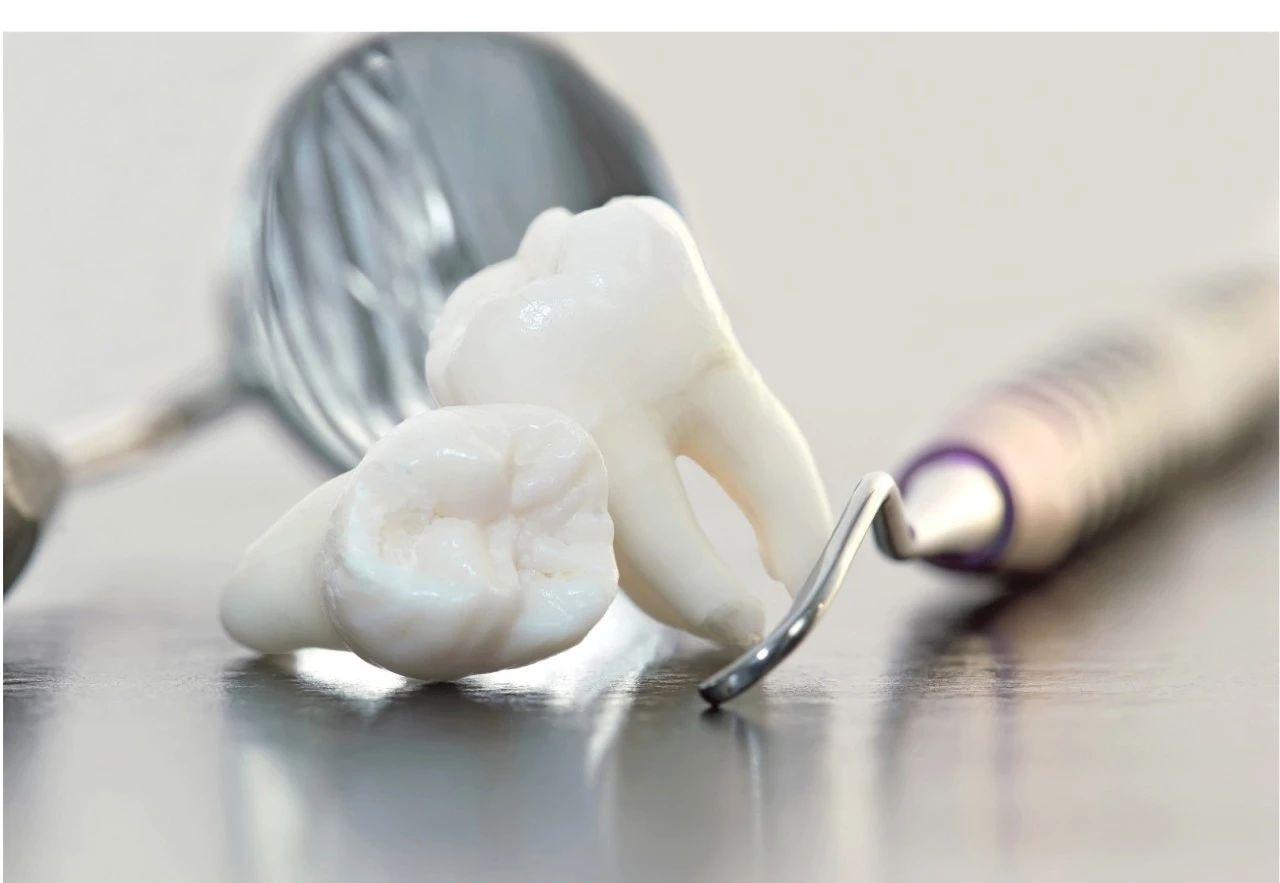Back Pain: The Complete Guide
2020-12-17

Back pain is such a common complaint that it might be hard to pin down a cause. But if pain does not get better within a few weeks, you really should consult a doctor.
Read our guide for more on why.
What is back pain?
Back pain by itself is not a medical condition – it’s just a symptom of something else.
It could be caused by a problem with:
• Your muscles
• Your spine
• Your pelvis
Problems with nearby organs, like your kidneys or pancreas, could also be the cause of your back pain.
Back pain is an extremely common complaint, and most people will experience it at some point in their life. Problems usually arise when people don’t recognize it as a serious or ongoing issue, and put off seeking appropriate medical care.
If you have ongoing or severe back pain, it is best to consult a specialist for a proper diagnosis.
What does back pain feel like?
The sensation and intensity of back pain will vary from person to person, but symptoms may include:
• A dull, aching sensation, or stabbing, sharp pain
• Inability to stand up straight without pain
• Decreased range of motion
Mild back pain will usually resolve by itself within days or weeks.
Back pain is only classified as ‘chronic’ when symptoms last longer than 3 months.
Who gets back pain?
Anyone can develop back pain at any point in life, whether it’s through something as simple as straining a muscle or sitting in an awkward position for too long.
However, certain individuals may be at a higher risk of developing back pain, including:
• Office workers who sit in a sedentary position all day
• Individuals who exercise without stretching the muscles first
• Older individuals
• Obese individuals
• Smokers
Is my back pain the result of an injury?
Strain is probably the most common cause of back pain. Lifting a heavy object, stretching awkwardly or exercising too hard may all result in a mild injury like strain.
Typically, this will only feel sore and stiff for a few days or weeks before resolving itself. Even slouching at your desk or wearing high heels could be the source of your back pain.
If you notice a specific activity that always results in pain, it might be worth considering ways to avoid it or to minimize its impact in the future.
Have I slipped a disc?
Your spine is made up of lots of little connected bones, known as vertebrae. Discs are the pockets of tissue that cushion the space between each bone.
Disc injuries are a common cause of back pain especially in the young. Injuries can range from an annular tear (which is a tear in the lining of the disc) to a slipped disc (where the disc material has come out of the normal confines).
A slipped disc can put pressure on one or more nerves, causing symptoms like pain radiating down the arms, legs, chest or abdomen.
Usually, a short physiotherapy program tailored by your doctor, together with some medication, can help to alleviate the symptoms.
Surgery is normally only recommended if symptoms don’t disappear within 6 weeks, or there are symptoms and signs of serious or progressive nerve damage.
Injury to the nerves of the bladder and bowel is an emergency, and this presents itself with numbness around the buttock and difficulty in passing urine.
Have I broken a bone?
A fracture or break anywhere along your spine can occur after a particularly hard hit or fall, such as from a car accident or sports injury. In elderly osteoporotic patients, a simple fall on the buttock can unfortunately fracture the bone. If you’ve broken a bone, the intensity of back pain is also often more severe, and movement worsens the back pain. Associated symptoms may include numbness, tingling, muscle spasms, weakness, incontinence or even paralysis. A bone break is a serious injury and can cause permanent damage to your spinal cord or nerves, so seek medical attention immediately if you are concerned.
Is my age a factor in back pain?
Unfortunately, yes. As you get older, your bone density can decrease, which makes your bones more susceptible to fractures. This condition is known as osteoporosis, and it’s more common in the elderly, particularly women. You may not know if you have osteoporosis until you actually fracture a bone, but the condition can also be characterized by back pain and a stooped posture. A bone mineral density can tell you if you are osteoporotic by measuring the bone density in the spine and hip. There are medications that can help to increase the bone density and make them stronger. A diet with sufficient calcium will also help to strengthen your bones naturally. Another age-related condition that can cause back pain is arthritis, which is caused by ageing joints and results in joint pain, stiffness and a decreased range of motion.
What are some other spine-related causes of back pain?
Here are some more possible causes of spine-related back pain, although many of these are less common:
Degenerative disc disease: As you get older, the discs in your back may begin to wear away, which can cause the bones in your spine to rub together uncomfortably.
Spondylolisthesis: A bone in the spine slips out of place, putting pressure on the joints of the spine as well as the nerves. The causes include developmental problems with the formation of the joints, degeneration, stress fracture, infection or tumors.
Inflammation of the sacroiliac joint: This joint connects your spine and pelvis and can sometimes become inflamed after an injury or infection. It may sometimes be due to an inflammatory arthritis such as ankylosing spondylitis. It can cause pain and swelling in your lower back.
Scoliosis: A curve in the spine, usually an ‘S’ or ‘C’ shape. Mild scoliosis doesn’t usually cause problems. More severe curves can put pressure on surrounding discs, muscles, ligaments and nerves. Sometimes, spine-related causes of back pain can be associated with one or more pinched nerves.
What types of conditions of nerve compression are there?
Single pinched nerve: Compression or pressure on a single nerve is often caused by a slipped disc. It can sometimes also be associated with the problems mentioned above.
Spinal stenosis: A narrowing of the spinal canal can put pressure on multiple nerves in the spine. This can cause pain to go down the legs as you walk. The legs can feel numb, tingly or weak.
Cauda equina syndrome: This is an emergency. Pressure on the nerves controlling the bladder can permanently damage the nerves. If you have numbness around the buttock or have trouble in passing urine, you should consult a doctor immediately.
Continuous severe compression of nerves can lead to damage to the nerves. If you have the symptoms mentioned above, please seek medical advice.
Is there anything else my back pain could be?
Yes – it could be that your back pain is entirely unrelated from the bones, muscles and ligaments in your back. A kidney infection, for example, can cause lower back pain, although this usually feels ‘deeper’ and slightly higher than the pain of a strained muscle. Ovarian cysts or ovarian cancer can also cause lower back pain, although these conditions will usually be accompanied by other symptoms, such as irregular periods, stomach pain, nausea, loss of appetite and weight loss. Pancreatic cancer can also manifest as back pain, with other symptoms including dark urine, itchy skin, nausea and weight loss. This is why it’s so important to seek a diagnosis if you experience prolonged back pain.
Your doctor will be able to rule out conditions based on your symptoms and recommend the best course of treatment.
When do I know if my back pain is serious?
There’s no foolproof way to know when back pain is an indicator of a serious problem.
If your back pain lasts longer than a few weeks, is severe, or is giving you a cause for concern, you should pay a visit to your doctor.
Signs of a more serious medical condition you can look out for include:
• Loss of bladder or bowel control
• Numbness or tingling in the legs
• Intense, constant pain
• Pain that worsens at night
• Weight loss
• Fever
How is back pain diagnosed?
Your doctor will usually ask you specific questions and perform a complete physical exam to check your ability to stand and walk, your range of motion, sensation, reflexes and strength.
In some cases, your doctor may conduct further blood tests, urine tests, x-rays, MRIs and bone scans to rule out a more serious underlying condition.
How is back pain treated?
Depending on the cause of your back pain, your doctor may prescribe pain-relieving medications such as anti-inflammatory medications (Ibuprofen) and/or muscle relaxants.
You may also be referred to a physical therapist, who can help you to learn simple exercises to strengthen your back and core muscles and improve your posture.
More severe back pain may sometimes be treated with injections or surgery.
Depending on what the cause is, your doctor will be able to advise you on the best course of action.
If you’re just looking for some relief for mild back pain at home, applying an ice pack can help to bring down inflammation and relieve some of the pain. Once any swelling has gone down, a warm compress can also do the trick.
Can I use alternative therapies for back pain?
Some people find alternative therapies, such as acupuncture, massage, chiropractic adjustments, yoga, and cognitive behavioral therapy, helpful in lessening their back pain.
- Acupuncture: A practitioner inserts thin needles into the skin at specific points to stimulate natural chemicals in the body
- Massage: A therapist massages affected areas to help loosen muscles
- Chiropractic adjustment: A practitioner manipulates the body to increase range of motion and improve function
- Yoga: A form of exercise combining strengthening and stretching exercises
- Cognitive behavioral therapy: A goal-orientated psychotherapy treatment designed to change patterns of thinking
Alternative therapies also have adverse effects and consume your time. You should always consult your doctor before trying any alternative therapy for your back pain. Without a proper diagnosis, self-treating could aggravate your condition or worse, delay diagnosis of a serious condition.
If you've concerns about recurring back pain, don't be afraid to speak to a Pain Management Physician.
Article reviewed by Dr. Masatoshi Patrick Tomonari, Pain Management Specialist at ParkwayHealth

Copyright: Health Plus an online health and wellness web resource developed by Parkway Singapore
References:
1. Leonard, M. & Lights, V. (2014, September 15). What is Back Pain? Retrieved February 15, 2018, from https://www.healthline.com/health/back-pain#1
2. Causes of Back Pain. (n.d.). Retrieved February 15, 2018, from https://www.webmd.com/back-pain/guide/causes-back-pain#1





























